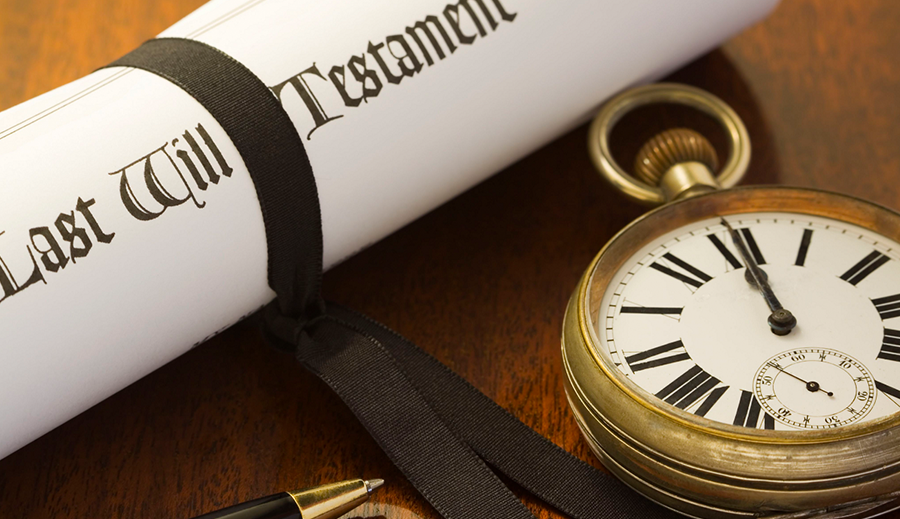Latest News
Latest News

Having your Will witnessed correctly is especially important in making the document legally valid. Many people are not aware that you should be particularly careful in who attests the execution of your Will. Being a witness can also mean far more than simply providing your signature on a document, which people are unaware of when they agree to attesting the execution of a Will.
Any person who is named as a beneficiary under the Will cannot be a witness, as this means that they shall forfeit any legacy that they were to receive. It is generally always advisable to have someone completely unrelated to the Testator and independent from the estate attest the execution of the Will, in order to avoid any conflict or complications further down the line. In addition to this, although it may seem obvious, it is also important that a witness has capacity. Someone who is blind cannot act as a witness as they is physically incapable of seeing the signature.
“If any person shall attest the execution of any will to whom or to whose wife or husband any beneficial devise, legacy, estate, interest, gift, or appointment, of or affecting any real or personal estate (other than and except charges and directions for the payment of any debt or debts), shall be thereby given or made, such devise, legacy, estate, interest, gift, or appointment shall, so far only as concerns such person attesting the execution of such will, or the wife or husband of such person, or any person claiming under such person or wife or husband, be utterly null and void, and such person so attesting shall be admitted as a witness to prove the execution of such will, or to prove the validity or invalidity thereof, notwithstanding such devise, legacy, estate, interest, gift, or appointment mentioned in such will”.
When individuals agree to being a witness, they are also often unaware that they may be called upon in the future during the process of obtaining Probate, should the validity Will or Testator’s signature be called into question. As above, section 15 of the Wills Act 1837 states that such person “shall be admitted as a witness to prove the execution of such Will, or to prove the validity or invalidity thereof”. For this purpose, it is important that a witness provides their details (address, full name and occupation) when they sign the document, as this will prove helpful should an Executor need to contact them in the future. An Executor can request that they swear an Affidavit to prove the Execution or validity of a Will and, in matters where an estate becomes contentious, a witness can even be called upon to provide evidence in Court.
People often under estimate the importance of attesting the execution of a Will, however, it is ultimately much more important than you may think.